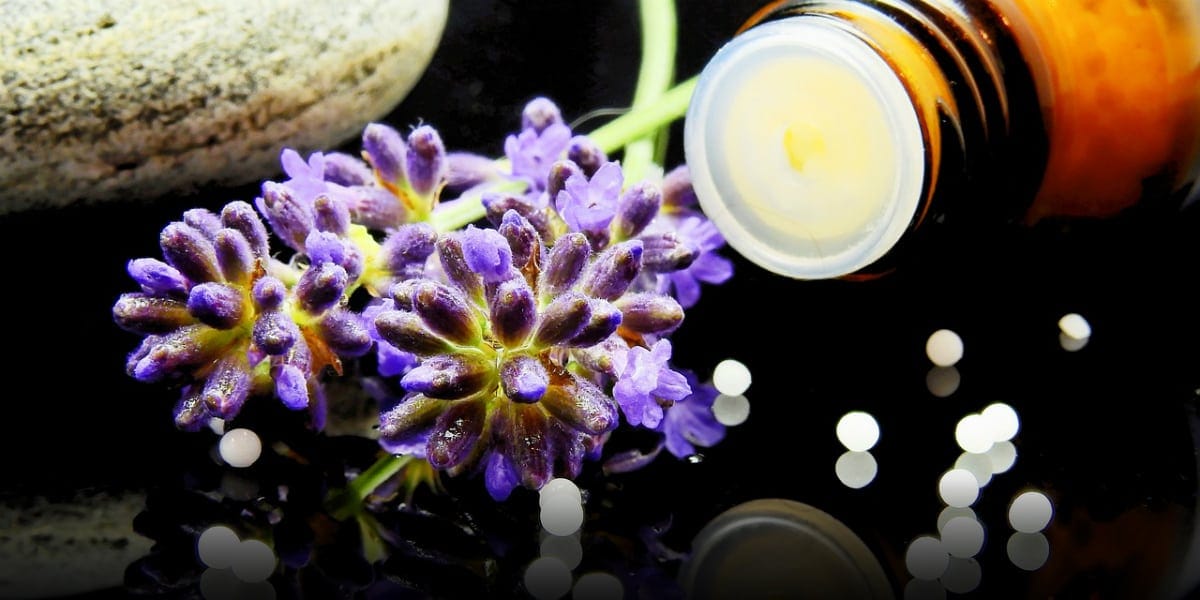Are Medicinal Herbal Extracts With Alcohol Permissible in the Shafi’i School?
Shafi'i Fiqh
Answered by Shaykh Jamir Meah
Question: Assalamu alaykum
Are medicinal herbal extracts with alcohol permissible in the Shafi’i school?
Answer: Assalam ‘alaykum. I pray you’re well insha’Allah.
Extracts of herb or food substances usually consists of the raw material being preserved in an alcohol or water solvent.
In the Shafi’i school anything that comes into moist contact with an impurity (najas), in this case alcohol, also becomes impure (mutanajas), in this case the rosemary. The general ruling with impure substances is that they are prohibited to consume.
Impure Medicines
An exception to the above rule is when an impure substance is needed for medicinal purposes. However, it would only be permissible to use if the following conditions are met:
1. That the alcohol has been admixed such that there are no traces of alcohol in the medicine.
2. That there is no pure alternative to the medicine.
3. That one has been informed of this by an upright Muslim physician, or that one knows through their own experience.
As such, according to the reliable opinion the Shafi’i school, you would be obliged to look for pure alternatives to the rosemary extract, whether it be other rosemary products or another supplement/therapy all together which helps balance the hormonal system. You would also need to explore whether the rosemary extract supplement is necessary for you to take.
If this proves too difficult and you feel that you may greatly benefit from the rosemary extract, then you may take the Hanafi opinion which permits non-wine alcohol extracts.
[Tuhfa al Muhtaj, Mughni la Muhtaj]
Please refer to the following answers for more details:
Can Medicines Containing Alcohol Be Taken to Prevent Disease?
A Comprehensive Guide to the Fiqh of Homeopathic Remedies
Is It Permissible to Use Medicine With Haram Ingredients?
I wish you all the best insha’Allah.
Warmest salams,
[Shaykh] Jamir Meah
Shaykh Jamir Meah grew up in Hampstead, London. In 2007, he traveled to Tarim, Yemen, where he spent nine years studying the Islamic sciences on a one-to-one basis under the foremost scholars of the Ribaat, Tarim, with a main specialization and focus on Shafi’i fiqh. In early 2016, he moved to Amman, Jordan, where he continues advanced studies in a range of Islamic sciences, as well as teaching. Jamir is a qualified homeopath.
